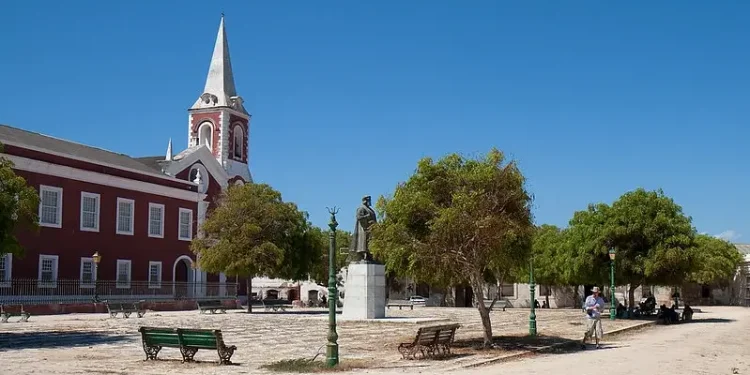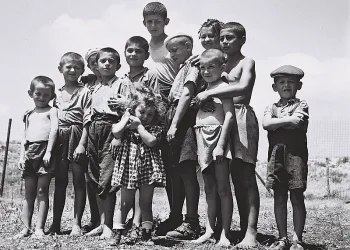EU Demands Justice Amid Political Turmoil in Mozambique
Political violence following Mozambique’s elections has sparked international concern. The European Union condemns the recent killings of Elvino Dias, a legal advisor to presidential candidate Venâncio Mondlane, and opposition politician Paulo Guambe. These events raise questions about Mozambique’s democratic stability.
Political Violence in Mozambique: A Call for Justice
In the wake of Mozambique’s recent elections, two politically motivated killings have shocked the nation and caught the attention of the international community.
The European Union (EU) has strongly condemned the deaths of Elvino Dias and Paulo Guambe, calling for justice and a transparent investigation. These tragic incidents highlight ongoing concerns about political violence and the state of democracy in Mozambique.
A Pattern of Political Violence
According to the EU, the killings of Dias and Guambe signal a troubling trend of violence against political figures. The Union stresses that such acts have no place in a democratic society and calls for a thorough investigation to hold those responsible accountable.
The events follow reports of violent dispersal of supporters in the election’s aftermath, further raising concerns about the Mozambican government’s handling of the electoral process.
EU’s Response and Demands
The EU’s statement highlights several demands to ensure accountability and restore confidence in Mozambique’s democracy:
- Thorough Investigation: The EU urges an immediate and transparent investigation to clarify the circumstances surrounding the deaths and to identify those responsible.
- Justice and Accountability: Ensuring that perpetrators face justice is a priority for the EU, which expects the Mozambican government to take swift action.
- Government Response: The EU looks forward to the Mozambican government’s reaction to these incidents, emphasizing the need for clear communication and decisive measures.
Calls for Restraint and Respect for Rights
As political tensions rise, the EU calls for all parties in Mozambique to exercise utmost restraint. Respect for fundamental freedoms and political rights is crucial to maintaining stability during this post-electoral period.
In light of these killings and reported violence, the EU has also highlighted the importance of strong protection measures for all candidates and political figures.
The EU Election Observation Mission’s Role
The EU Election Observation Mission remains in Mozambique, evaluating the ongoing electoral process. Deployed before the elections, the mission consists of a diverse team of observers from EU member states and other countries.
They continue to monitor the situation, assessing the electoral process’s transparency and integrity. The EU expects Mozambique’s Election Management Bodies to uphold democratic standards, respecting the will of the people as expressed through their votes.
EU’s Commitment to Democracy in Mozambique
The EU’s strong statement underscores its commitment to supporting democratic processes in Mozambique. It condemns the violence and urges the Mozambican government to act responsibly and transparently.
The EU’s call for justice and protection of political figures is a clear indication of its concern for the country’s stability and its democratic integrity.
In Conclusion
The political killings in Mozambique have highlighted a critical issue for the nation’s democracy, underscoring the need for accountability and justice. Consequently, the EU’s firm response and ongoing observation reflect its dedication to safeguarding democratic processes.
As Mozambique navigates this turbulent post-election period, the international community, led by the EU, will continue to advocate for justice and transparency.
Moreover, the EU’s commitment to democracy and human rights will be pivotal in shaping Mozambique’s future. Ultimately, sustained international support will be crucial in promoting stability and ensuring the protection of political freedoms.
Sources: THX News, Reliefweb, Club of Mozambique & European Union.








